Losing a loved one is one of the most difficult experiences a person can go through.
Grief and loss can be overwhelming, and it is often hard to know how to cope with the whole process.
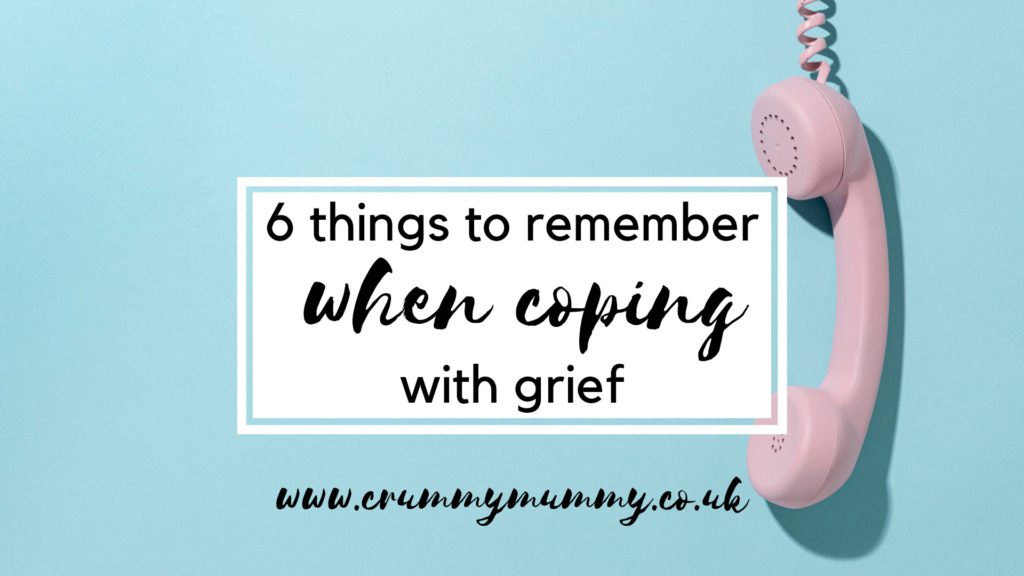
It might seem hard to imagine but with the support of family and friends, as well as professional help when needed, it is possible to get through these challenging times.
This post may contain affiliate links. This means if you buy something after clicking on a link, I’ll earn a few pennies to help me keep creating posts like this, at no extra cost to you!
This collaborative post looks at some ways to find support and healing after a loss.
6 things to remember when coping with grief
Acknowledge your pain
Acknowledging your pain is one of the most critical steps in coping with grief and loss. Feeling sad, angry, confused, and scared is okay and perfectly natural after a loved one dies. These are all normal reactions to loss. However, denying your feelings will make them harder to deal with in the long run. Accepting that you are grieving and giving yourself time to heal is an integral part of the process.
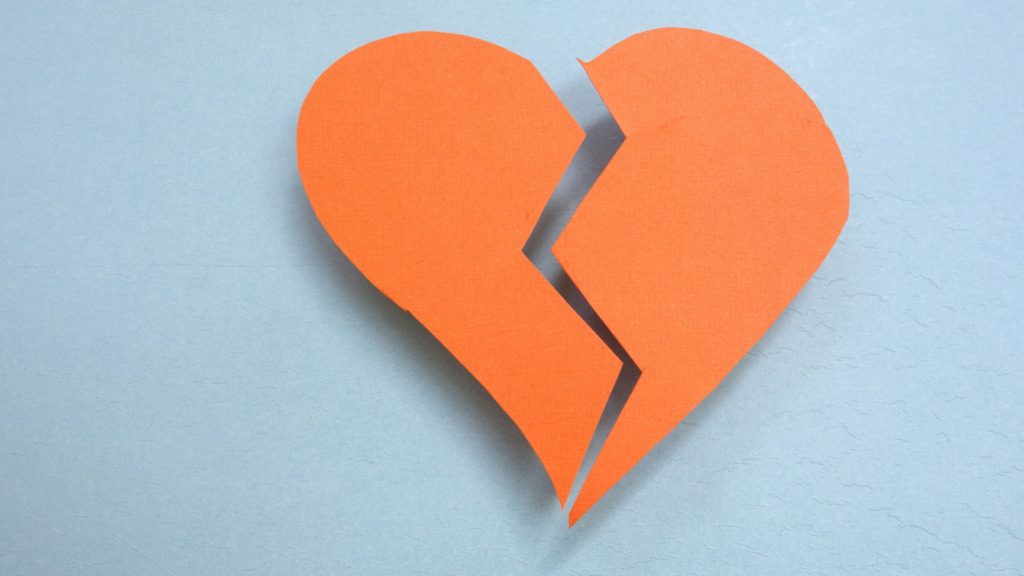
Understand that your grieving process will be unique to you
One of the first things to understand about grief is that there is no right way to grieve. Your process will be unique to you and shaped by many factors, including your relationship with the person who died, your age and life experience, your culture and religious beliefs, and your personality. In addition, there are no rules or timelines for grieving, so don’t let anyone tell you how you should feel or how long your grief should last.

Allow yourself to grieve in your way & at your own pace
Just as there is no right way to grieve, there is no correct timeline for grief. Some people may start to feel better after a few months, while others may take years to reach a place of acceptance. Again, there is no right or wrong way to grieve, so don’t be afraid to express your emotions in whatever way feels natural to you. If you need to cry, cry. If you need to be angry, be angry. Don’t bottle up your feelings or try to force yourself to feel better before you’re ready.
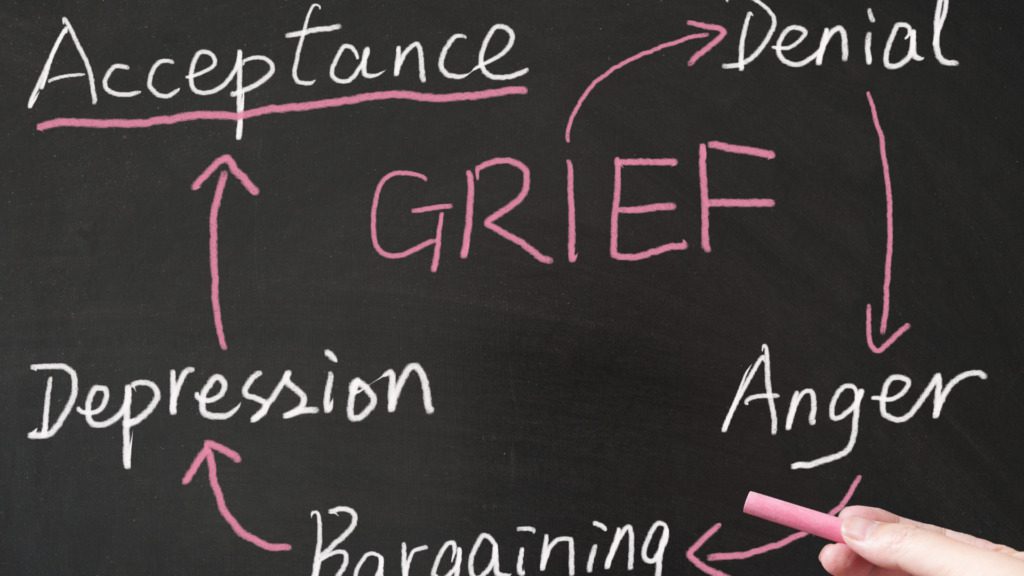
Find a support system that can help you through this time
If you’re struggling to cope with your grief, finding a support system of family and friends who can offer understanding and love can be helpful. If you don’t have a supportive network of people in your life, many support groups are also available for those grieving a loss. These groups can provide a safe space to share your feelings and connect with others who are going through a similar experience. In addition, if you need help planning a funeral service or a memorial, many professionals can assist you. Find funeral services that understand the difficult time you are going through and can help to ease some of the burdens.
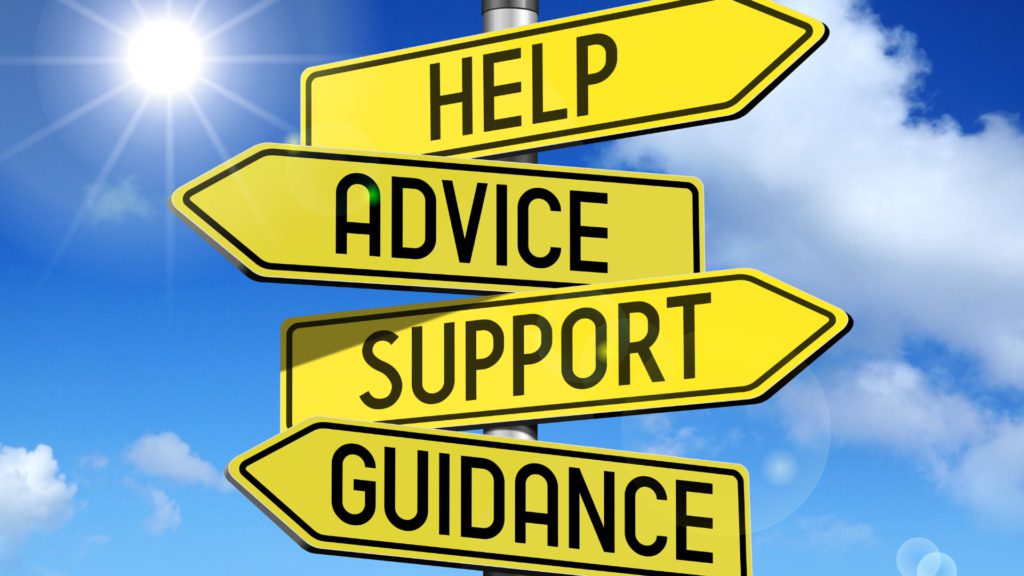
Talk about your loved one
It’s natural to want to keep your loved one’s memory alive, so don’t be afraid to talk about them. Share stories and memories with your family and friends, and keep photos and other mementos around the house. Talking about your loved ones can help you to feel connected to them even after they’re gone.

Grief vs. Depression
Feeling sad, empty, or even hopeless after a loss is expected. These feelings are a natural part of the grieving process. But if your sadness interferes with your ability to function in your everyday life and prohibits you from taking care of yourself and your family, you may suffer from depression. Depression is a medical condition that can be treated with medication and therapy. If you think you may be depressed, talk to your doctor.

This is a collaborative post.




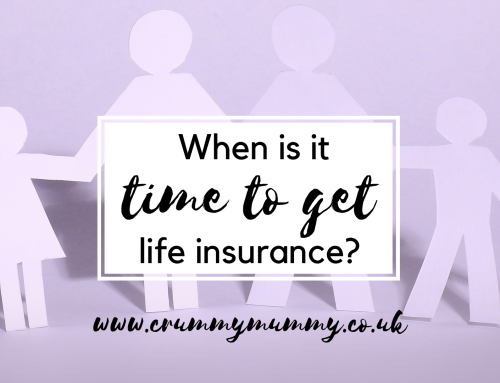
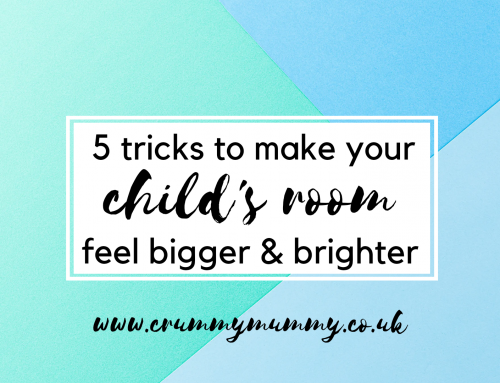
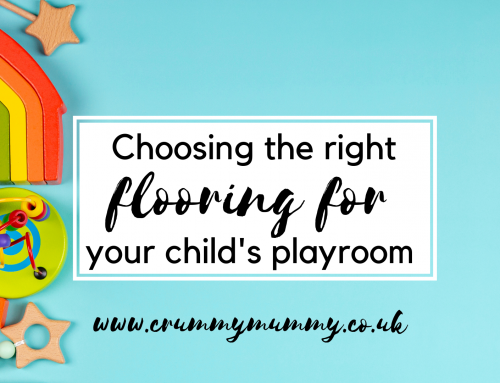


















Leave A Comment